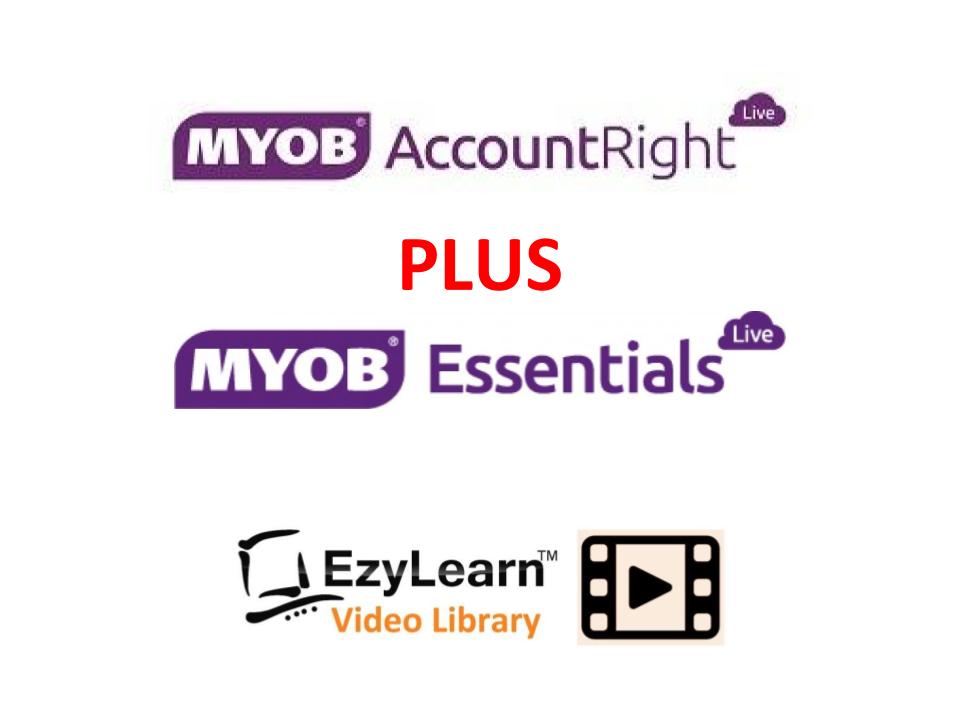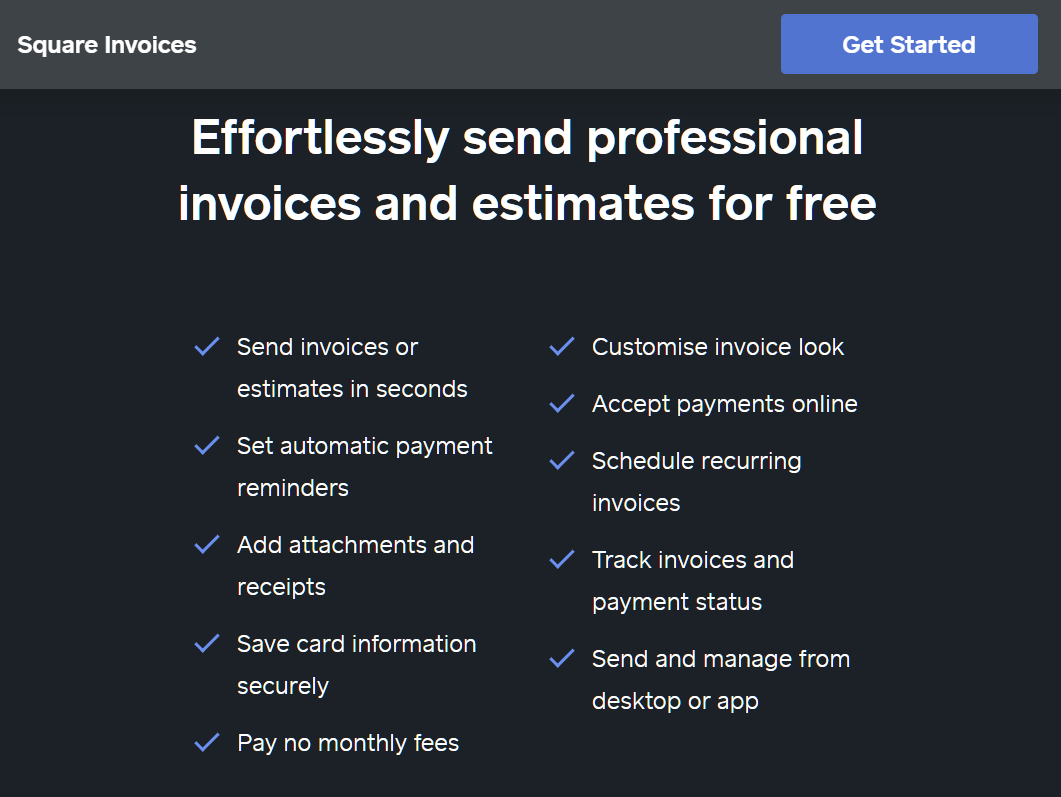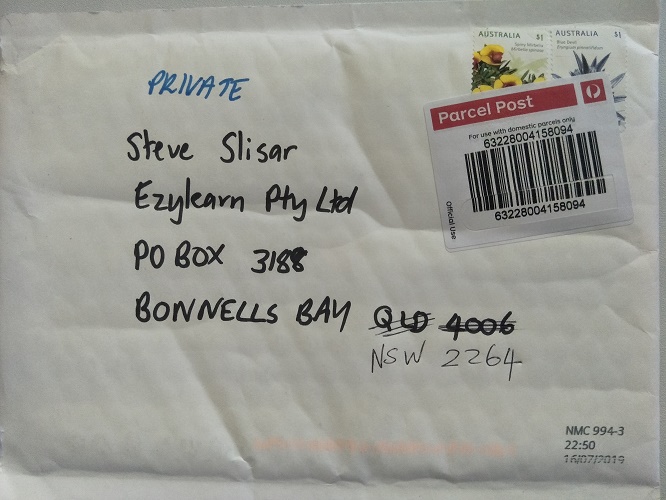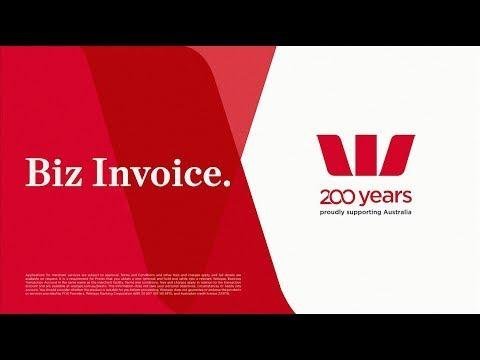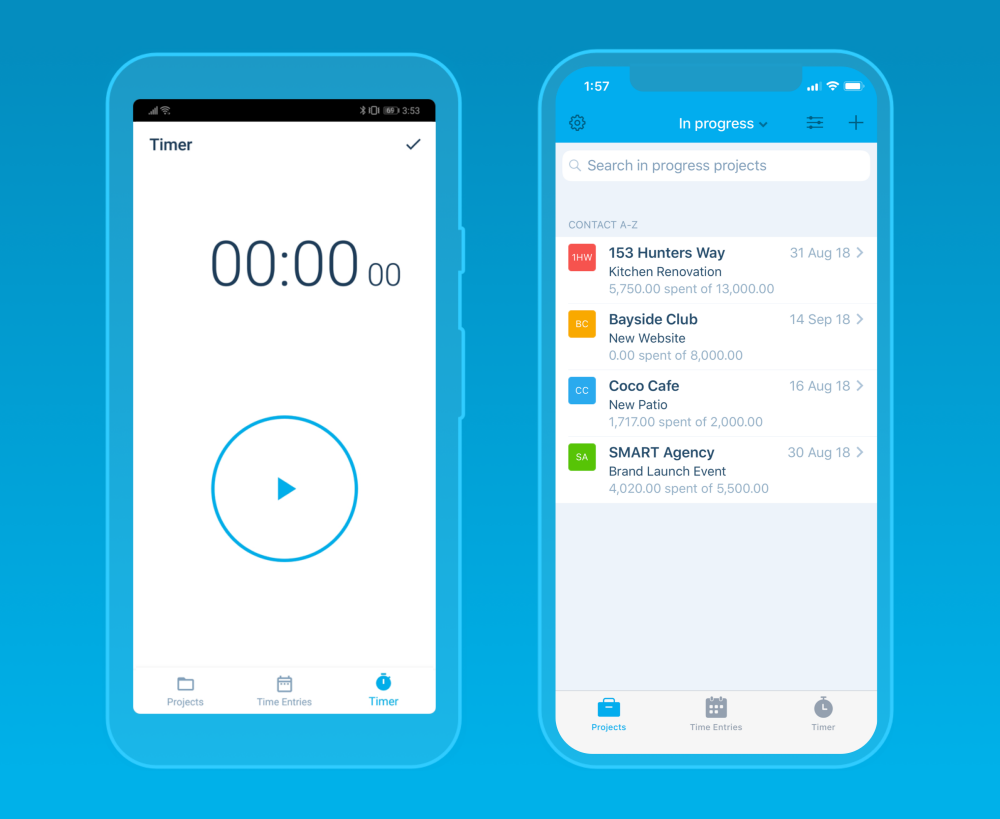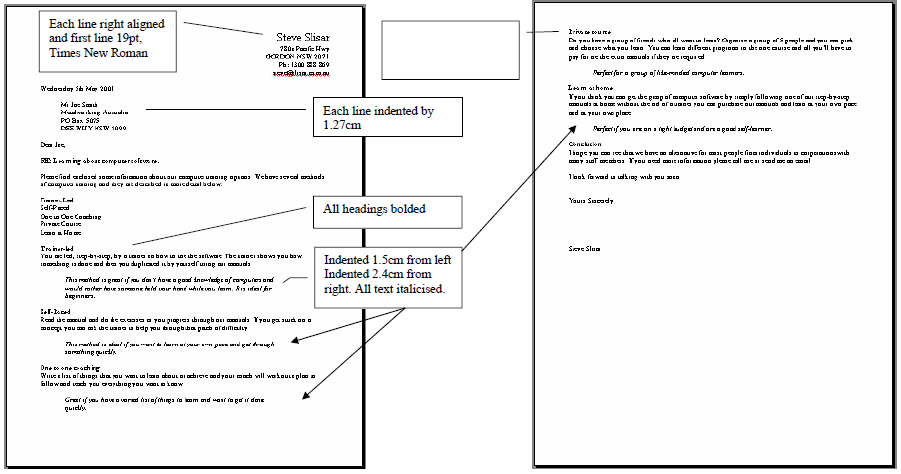
Looking through Seek for data entry jobs yesterday reminded me of the training courses we offered when we operated our Dee Why training centre. It was the dotcom boom and MYOB Accounts Receivable and Payable courses were our popular weekend courses but most students needed more basic data entry skills.
Data entry skills include typing, editing documents, entering data into spreadsheets, saving files and then opening, editing and saving them again!
More job seekers have data entry skills but there’s so much more to know about basic Word and Excel usage that employers need you to know.
Continue reading Master the data entry job skills. Get some free training too

